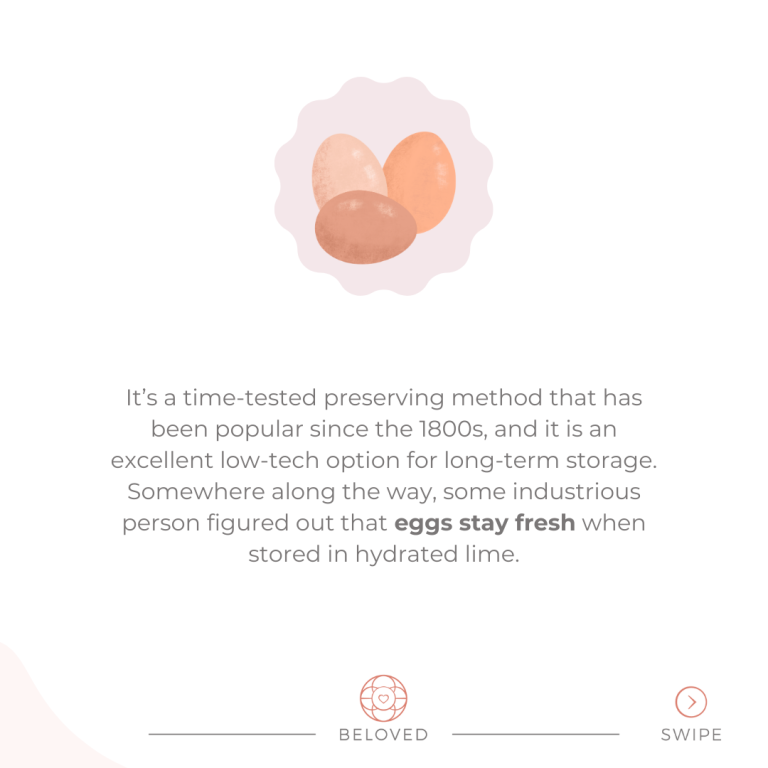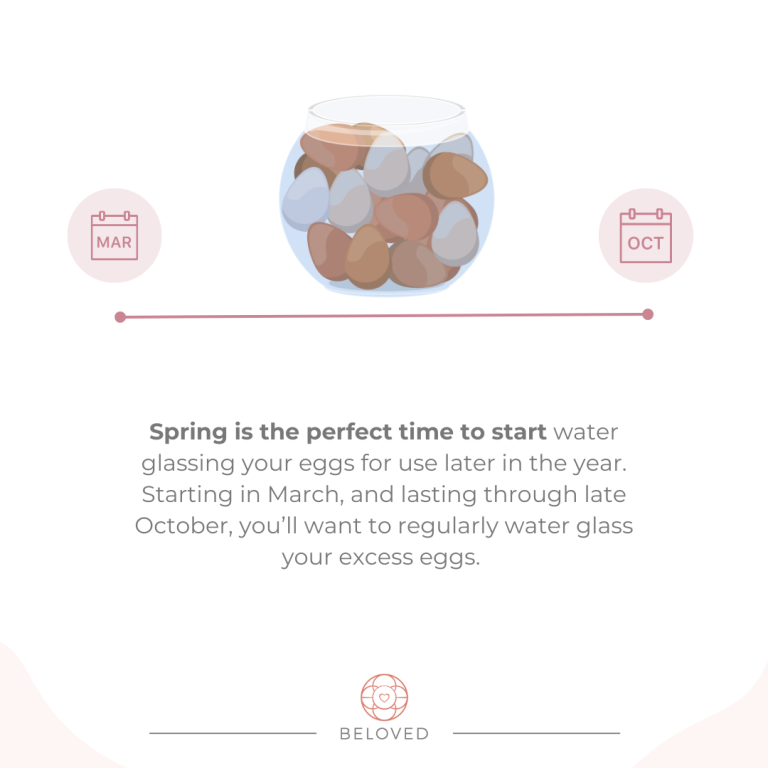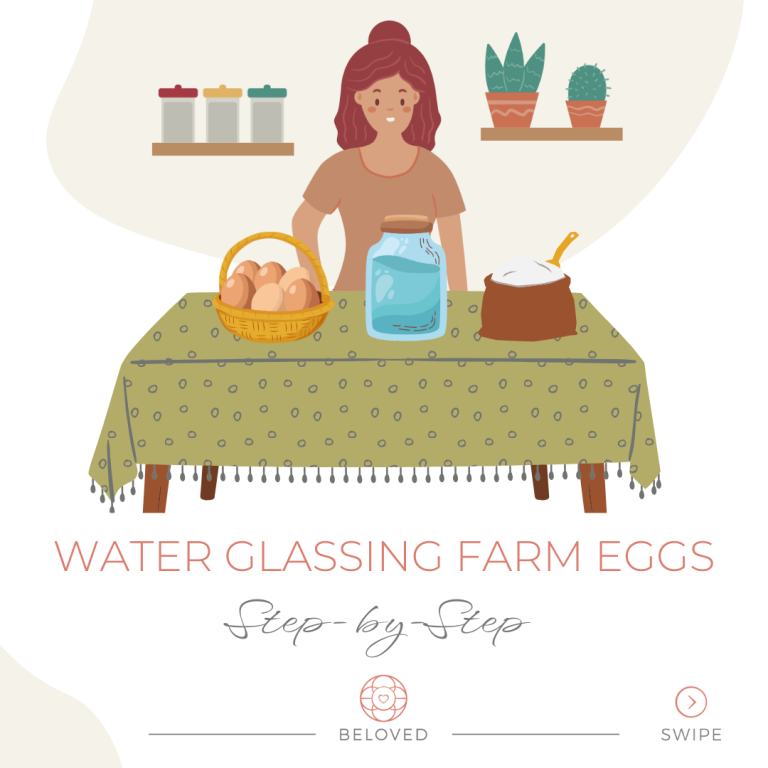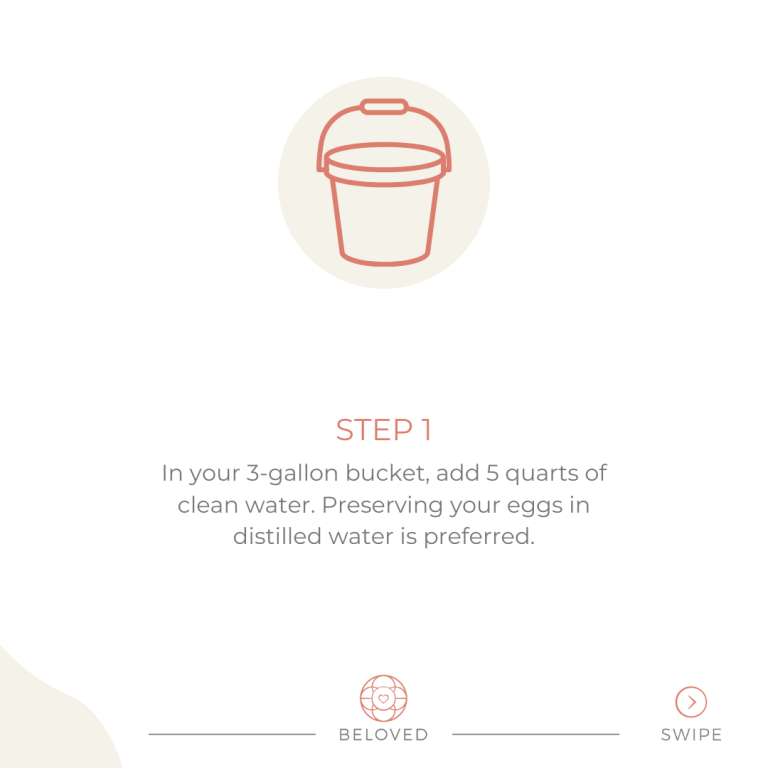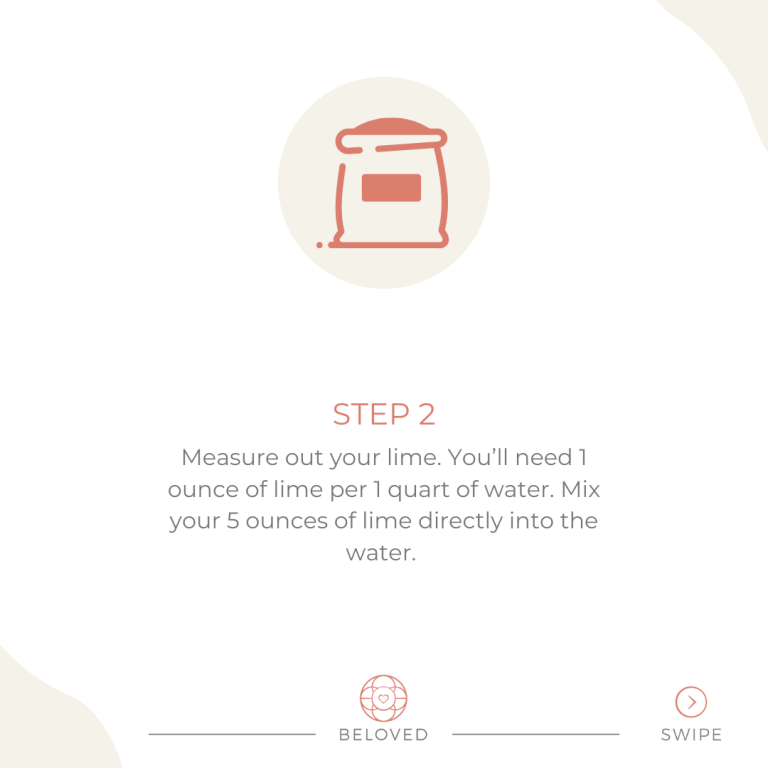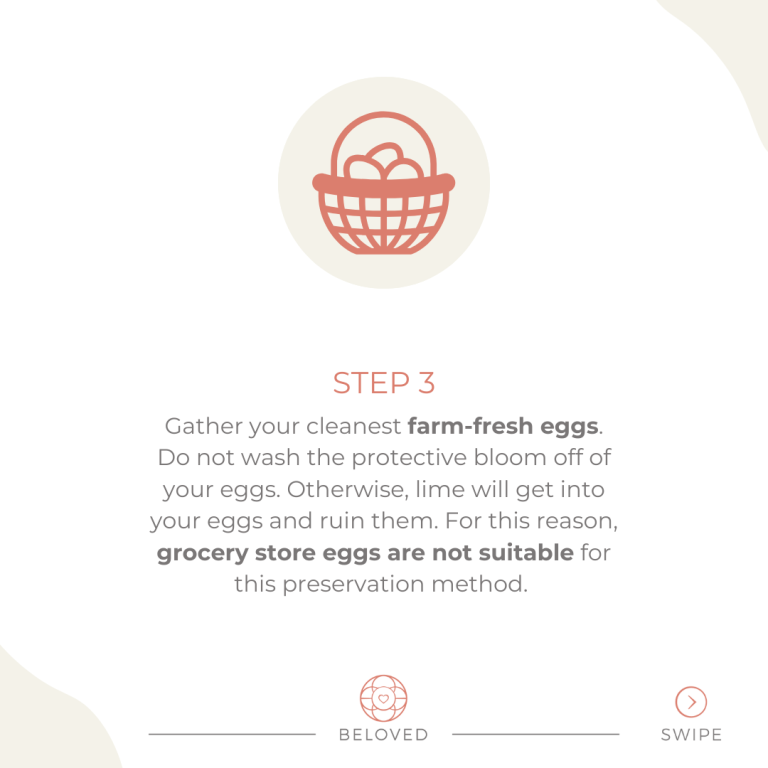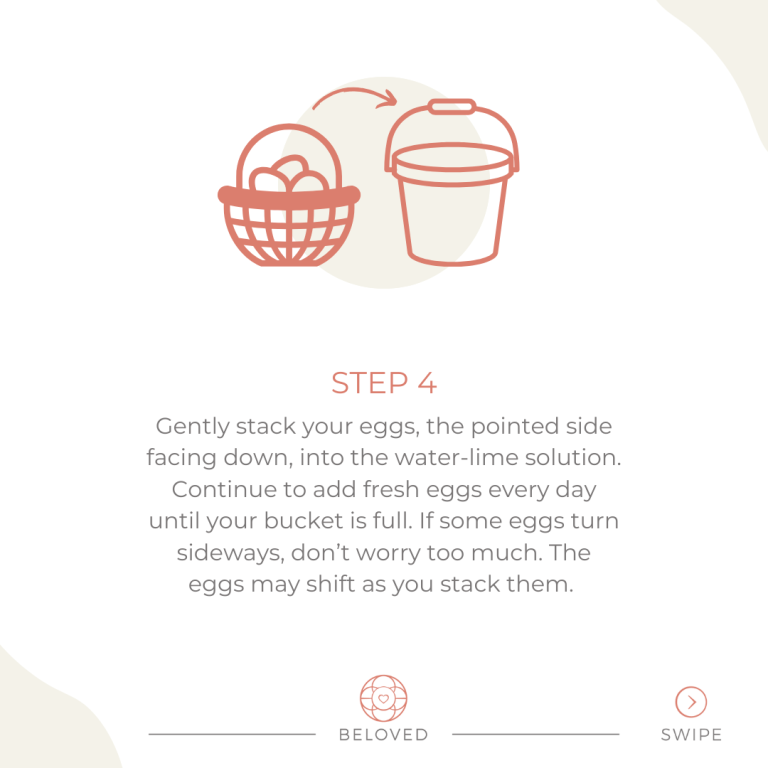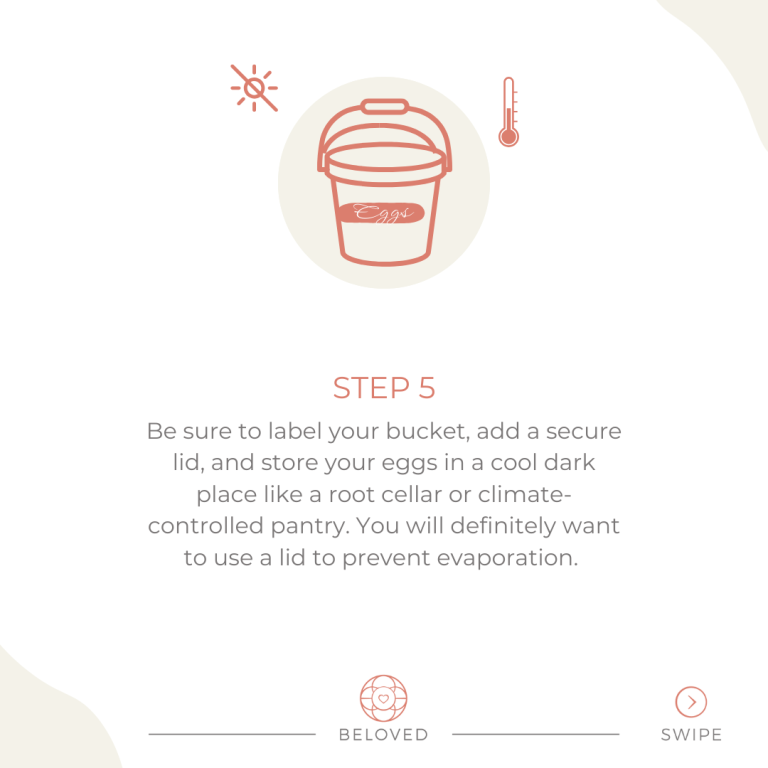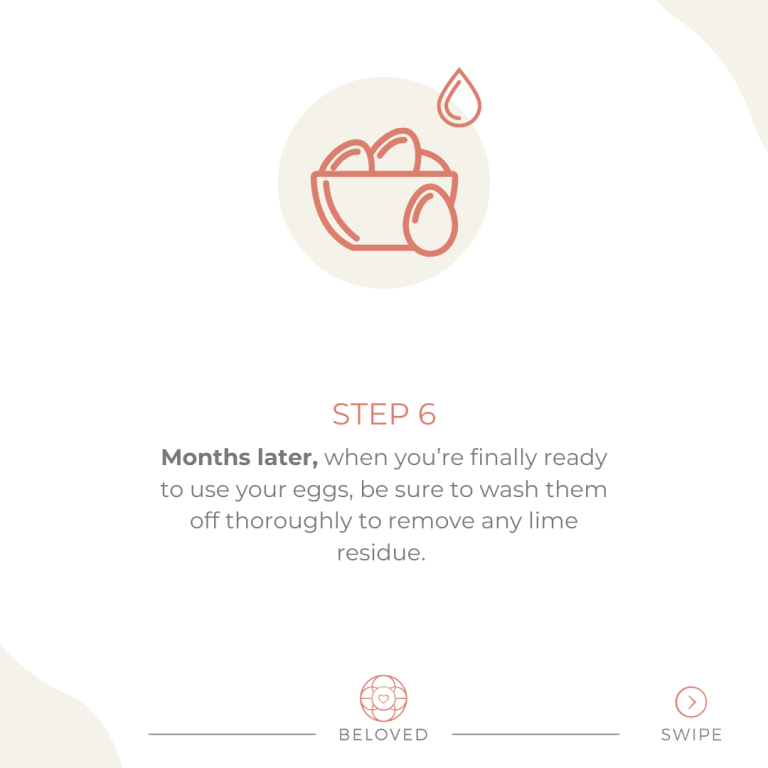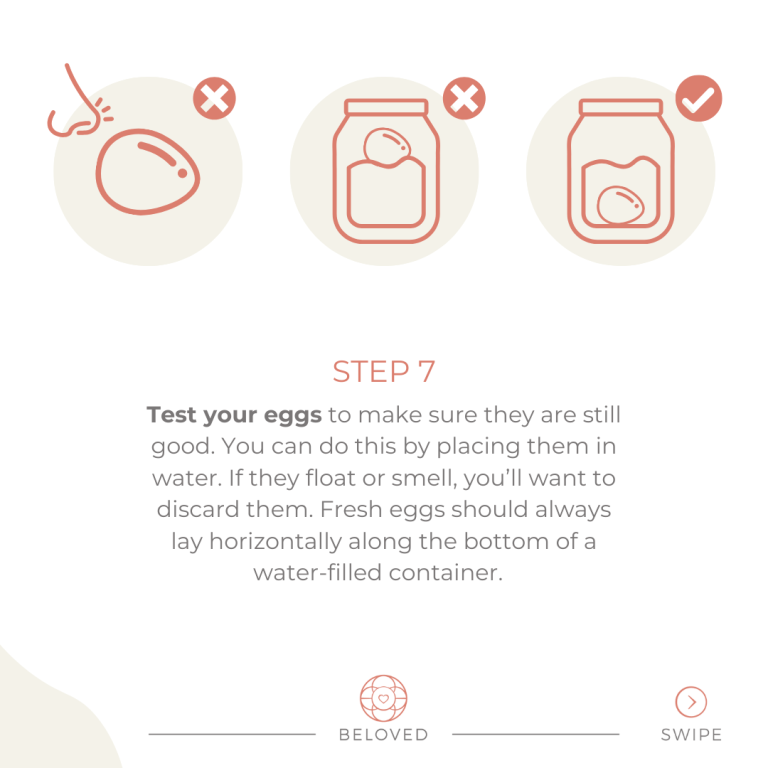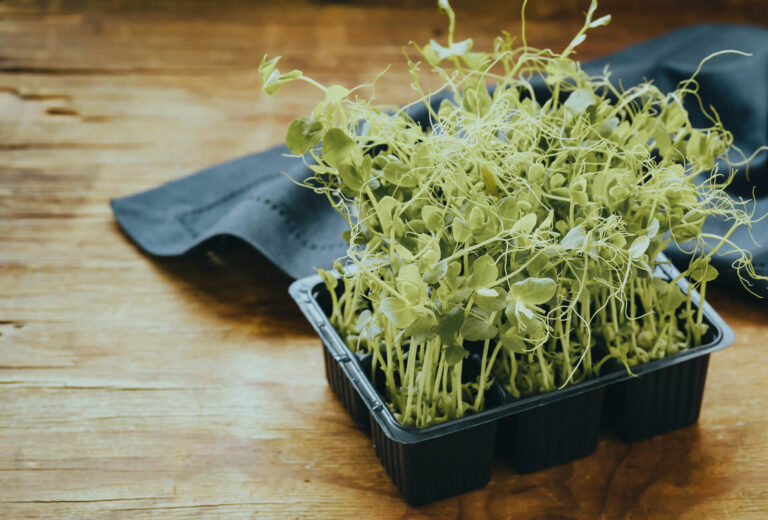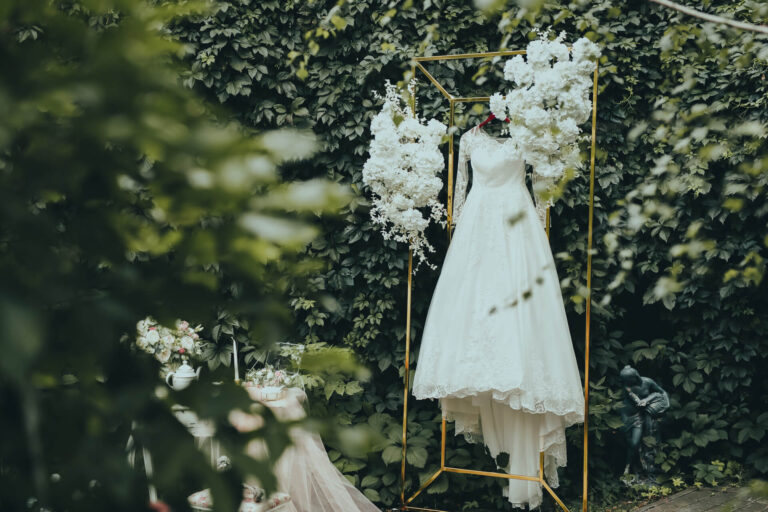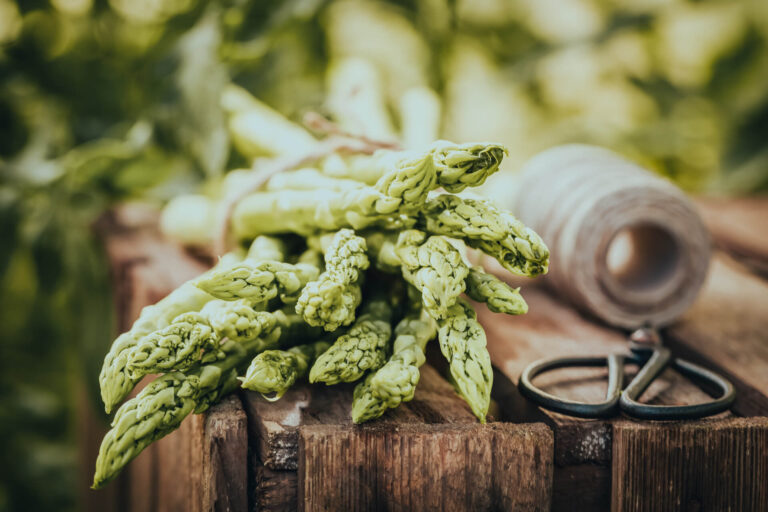Long-term egg storage: water glassing how-to guide
- Sustainable Living
Living “the farm life” comes with so many joys and a few challenges too. One thing is for certain though, there is always an abundance of everything, and we as happy homesteaders, need to be mindful of what to do with it all.
Now, there are numerous ways to preserve a surplus of food, and sometimes, the method is determined by the type of food we want to keep on hand.
Eggs are a highly nutritious main staple for any home or farmstead, and chances are, you have more eggs than you can eat, if you’ve got your own brood of chickens like we do.
Today, let’s learn how to preserve our excess eggs with the water glassing technique, and ensure that we’ll have enough to last us through the winter months.
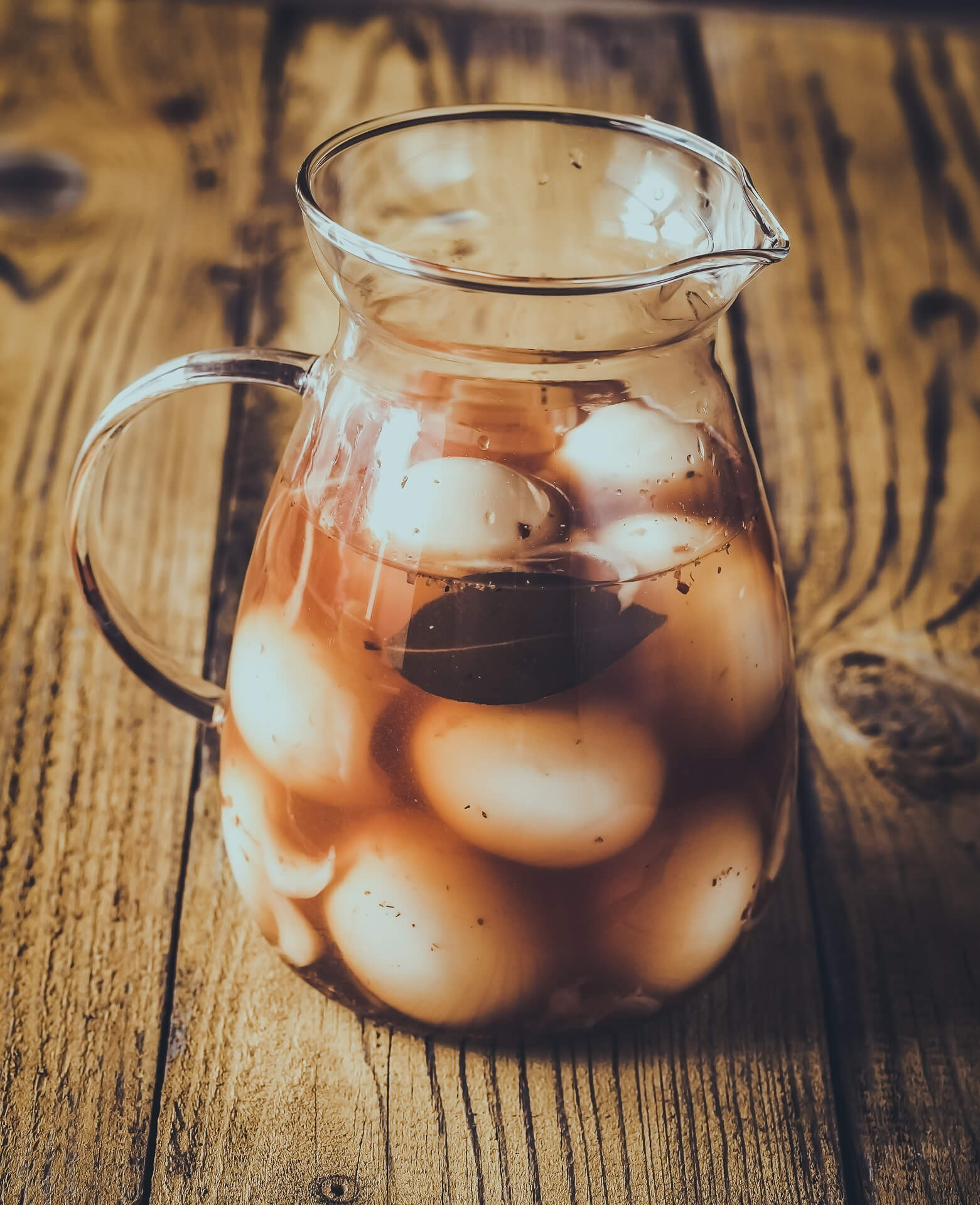
What is Water Glassing?
There are numerous ways to preserve eggs, from canning to freezing, but one of our favorite methods involves using a water and lime technique called “water glassing”. It’s a time-tested preserving method that has been popular since the 1800s, and it is an excellent low-tech option for long-term storage.
Somewhere along the way, some industrious person figured out that eggs stay fresh when stored in hydrated lime. One of the earliest references to the water glassing method comes from the 1886 publication of ‘The Boston Cooking School Cookbook’, by Fannie Farmer.
The term “water glassing” refers to a tried and true method, used by self-reliant ancestral farms, for preserving eggs indefinitely. In fact, it is said that water glassed eggs can last anywhere from 8 months to 1 year, or even longer!
Spring is the perfect time to start water glassing your eggs for use later in the year. Starting in March, and lasting through late October, you’ll want to regularly water glass your excess eggs. This way, you can enjoy farm-fresh eggs through the cold winter months, when there are fewer daylight hours and hens naturally reduce their laying frequency.

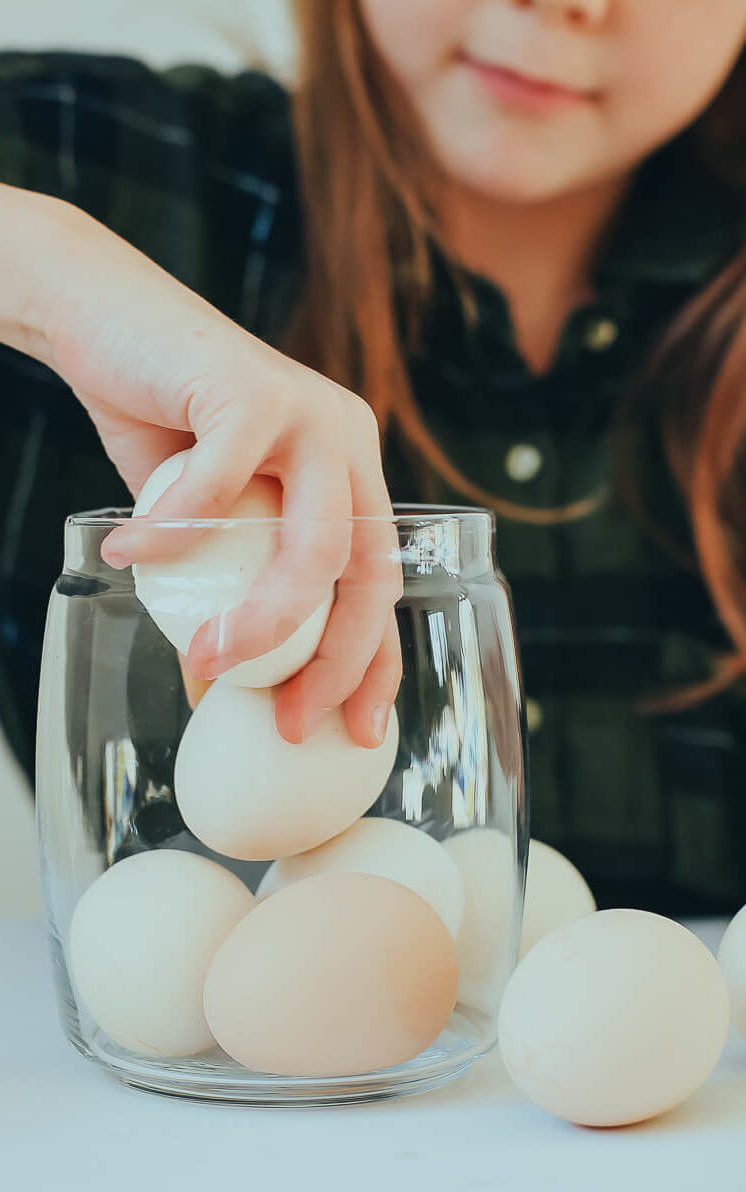
How Do I Water glass My Farm-Fresh Eggs?
First things first, you will want to get your hands on a large bag of food-grade calcium hydroxide, also known as hydrated lime or pickling lime. You can find it online or possibly at your local farm supply store.
To begin, you’ll want to gather all the essentials. Water glassing your eggs is relatively simple, and only requires three ingredients: eggs, water, and hydrated lime. Other supplies you’ll need include a 3-gallon bucket, a measuring glass, and a kitchen scale.
In your 3-gallon bucket, add 5 quarts of clean water. Preserving your eggs in distilled water is preferred.
Measure out your lime. You’ll need 1 ounce of lime per 1 quart of water. Mix your 5 ounces of lime directly into the water.
Gather your cleanest farm-fresh eggs. Do not wash the protective bloom off of your eggs. Otherwise, lime will get into your eggs and ruin them. For this reason, grocery store eggs are not suitable for this preservation method.
Gently stack your eggs, the pointed side facing down, into the water-lime solution. Continue to add fresh eggs every day until your bucket is full. If some eggs turn sideways, don’t worry too much. The eggs may shift as you stack them.
Be sure to label your bucket, add a secure lid, and store your eggs in a cool dark place like a root cellar or climate-controlled pantry. You will definitely want to use a lid to prevent evaporation.
Months later, when you’re finally ready to use your eggs, be sure to wash them off thoroughly to remove any lime residue.
Test your eggs to make sure they are still good. You can do this by placing them in water. If they float or smell, you’ll want to discard them. Fresh eggs should always lay horizontally along the bottom of a water-filled container.
Crack open your water glassed eggs and cook with them as you would normally. Now, if you plan to hard boil them, you’ll want to poke a tiny hole in the shell, so they don’t explode. The water glassing process tends to plug up the microscopic holes naturally present in farm fresh eggs.
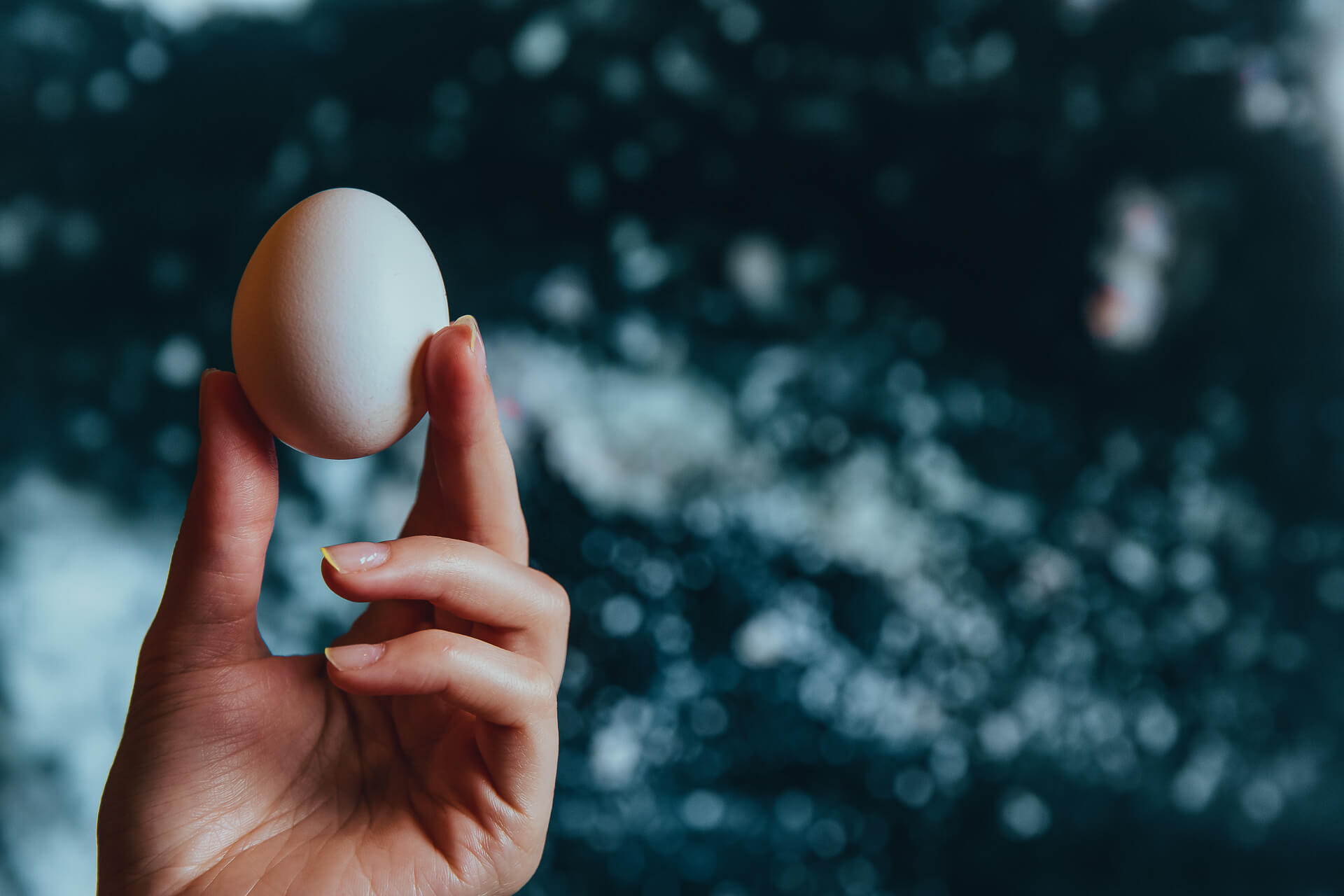
Other Considerations
There are a few other things you’ll want to think about before you begin the water glassing process.
For water glassing, as mentioned before, we do not want to wash our farm fresh eggs. Furthermore, store-bought eggs are not suitable for water glassing because they have already been washed during the manufacturing process and are much too old. Typically, you will want to preserve your fresh clean eggs within 24 hours of laying.
The reason we don’t want to wash our eggs is because fresh eggs have a protective outer coating on them called the “bloom”. In nature, this coating protects the egg from bacteria, keeps the egg healthy, and allows the chick embryo to develop without any issues.
Now, when you’re collecting and choosing fresh eggs from your hens, pick the cleanest eggs. Eggs that have feathers, mud, or fecal matter on them will need to be set aside for washing and immediate use, as they are not suitable for the water glass technique. It can be hard to get perfectly clean eggs, so let’s discuss a few tips you can take.
When you know that you will be harvesting eggs for water glassing, it’s a good idea to keep up on your hens’ bedding. You’ll need to change out their pine shavings, hay, or whatever bedding you’re using, on a daily basis.
Also avoid harvesting eggs for water glassing on rainy days, as there will be a lot of mud. Taking these extra steps will ensure that your eggs are clean enough for water glassing.
Lime is often used in the construction industry. Historically, lime for use in preservation was made from burning oyster shells or limestone. This would create quicklime. This quicklime, once hydrated, would create slaked lime.
Do not use garden lime (ground limestone) or industrial lime for any kind of food preservation. The lime you purchase for food preservation has to be food-grade hydrated lime. This high-quality lime must always be diluted in water before use. Also, it should always be stored away from small children and animals for safety reasons.
If you’re the kind of person that does not want to make a full three or five-gallon bucket of eggs and you would rather do smaller batches that you can easily divide up, then here are a few options.
Feel free to make a smaller 1-gallon batch of water glassed eggs. There are a few benefits. For one, gallon-sized batches are easier to carry and may fit better on your pantry shelving. Secondly, smaller batches prevent larger batch losses if your eggs go south.
Now, for a 1-gallon jar, you’ll only need to add 2 quarts of water and 2 ounces of lime. As you add your farm fresh eggs, the water will move up.
Be sure to label your batches. You can use tape as your label and a permanent marker for writing out your label details. Be sure to add the egg type and date. The age of the batch is determined from the beginning time that you add your first egg to the batch, even if you haven’t fully filled your bucket or jar.
For the best results, store your eggs away from direct sunlight and in a cool space. A dark and cool pantry or root cellar is preferred. Also, be sure to use food-grade containers. Food-grade five-gallon buckets and food storage jars can be found at your local hardware store or purchased on the web. Online stores like Bormioli Rocco, Uline, Williams Sanoma, Lehman’s, or similar suppliers will carry the jars and food-grade storage you need.
Properly water glassed eggs usually have a 100% success rate up to 8 months, though some home preservers report that this technique will preserve eggs for up to two years!
Chicken eggs are not the only eggs you can preserve with this method. Did you know you can preserve quail, duck, turkey, and goose eggs too?! Yes indeed! You might just have to adjust your container size accordingly.

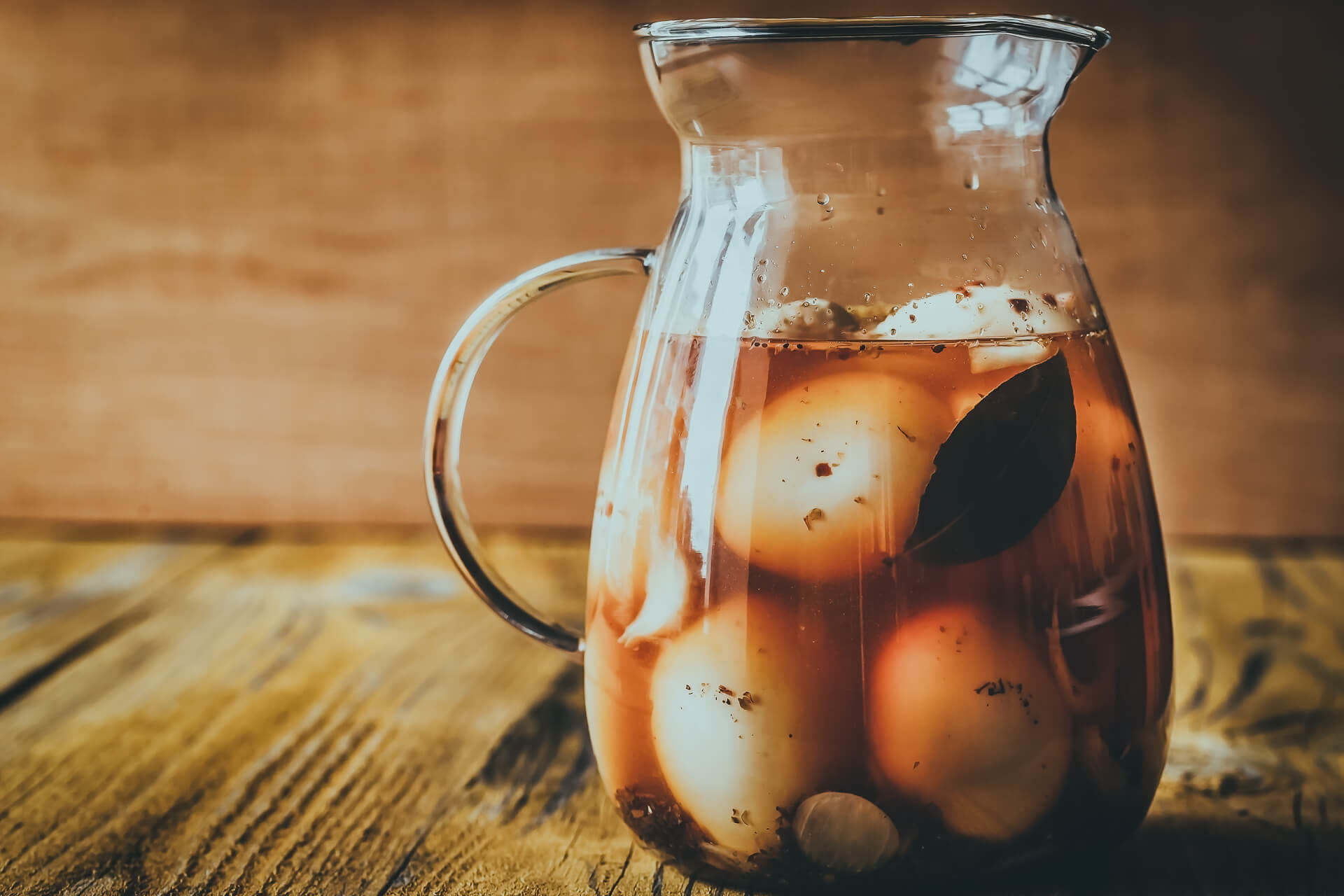
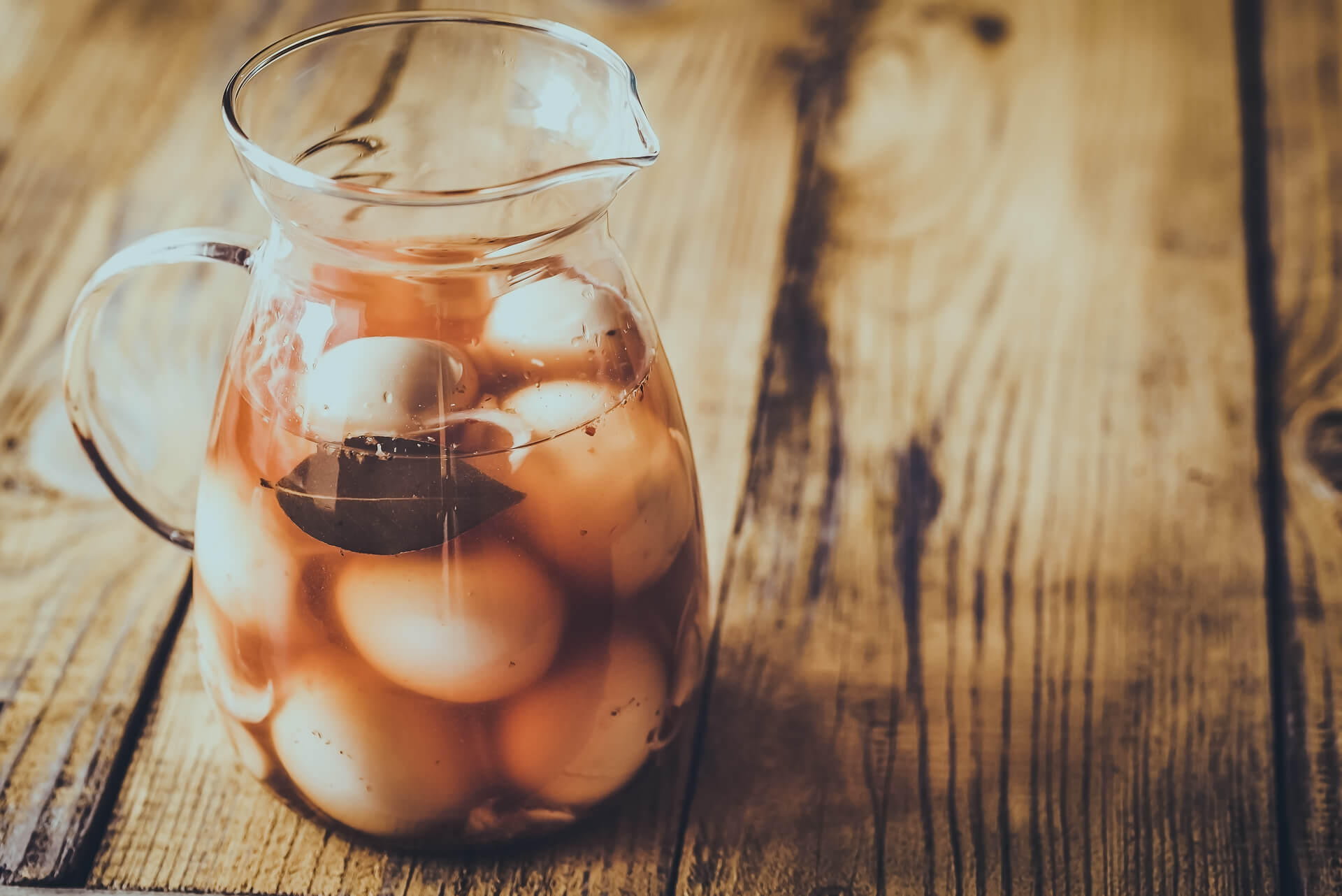
Conclusion
Water glassing is a wonderful way to make sure you always have plenty of eggs on hand, even when your hens have reduced their laying frequency during the winter months.
Having a pantry or root cellar full of eggs, and other types of farm produce, is a responsible way to ensure that you always have plenty of food on hand. With inflation, an uncertain economy, supply chain issues, or even simply during times of inclement weather (when travel may be inadvisable), it’s always smart to be well-stocked. Plus, jars of water glassed eggs make great gifts during the holiday season!
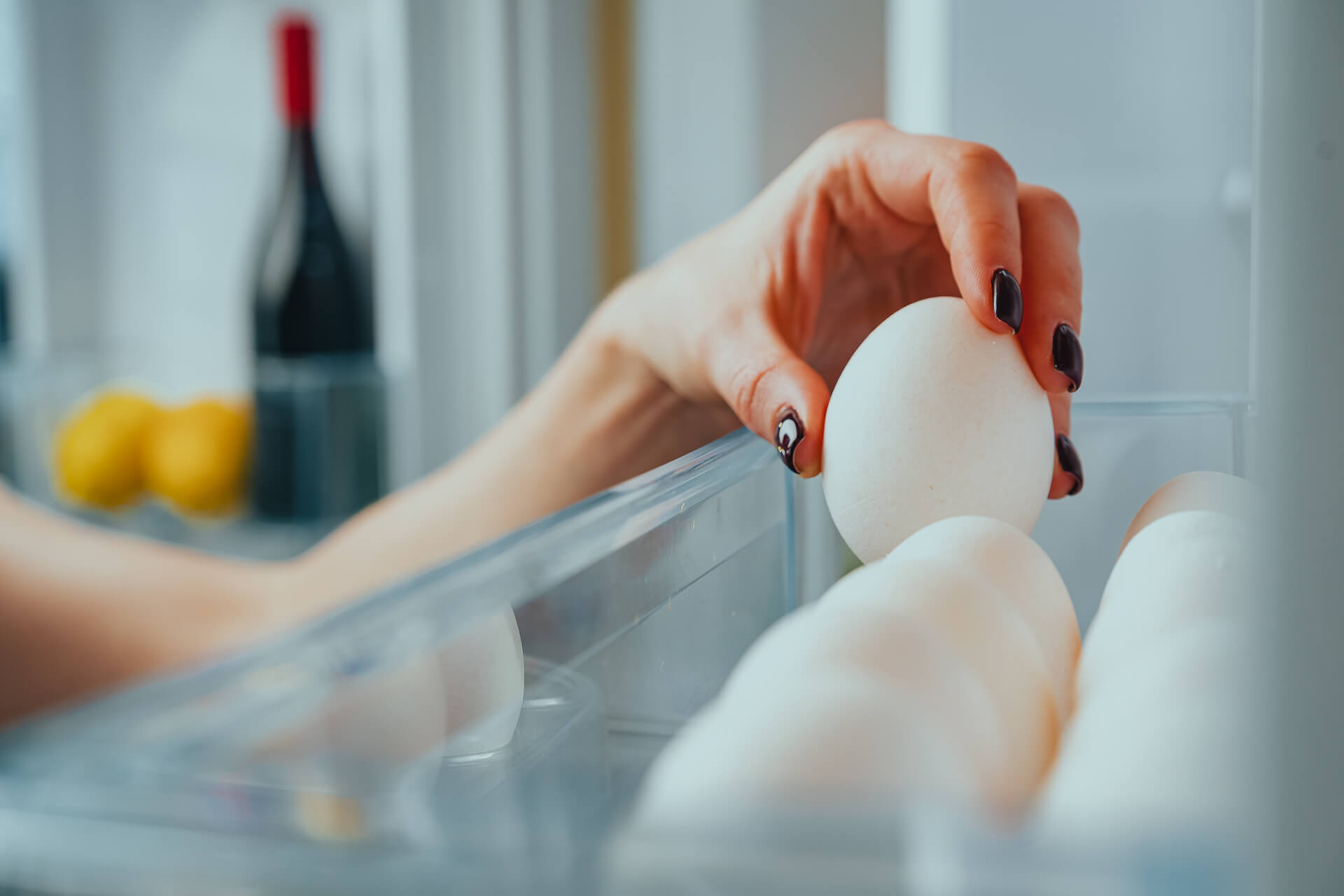
Summary
The water glassing technique is a time-tested preserving method used by self-reliant ancestral farms for preserving eggs indefinitely. It is a low-tech option for long-term storage and can last anywhere from 8 months to 1 year, or even longer. To water glass your eggs, you will need a large bag of food-grade calcium hydroxide, also known as hydrated lime or pickling lime. This mineral can be found online or at your local farm supply store. Water glassing eggs requires three ingredients: eggs, water, and hydrated lime. To start, add 5 quarts of clean water to a 3-gallon bucket, measure out 1 ounce of lime per 1 quart of water, and gather the cleanest farm-fresh eggs. Gently stack the eggs into the water-lime solution, label the bucket, add a secure lid, and store in a cool dark place. Months later, when ready to use the eggs, wash them off thoroughly and test them to make sure they are still good. Crack open the eggs and cook them as usual. Other considerations include not washing your farm fresh eggs and not using store-bought eggs. The most important details are that fresh eggs should be preserved within 24 hours of laying, and that the best type of lime to use is food-grade hydrated lime.
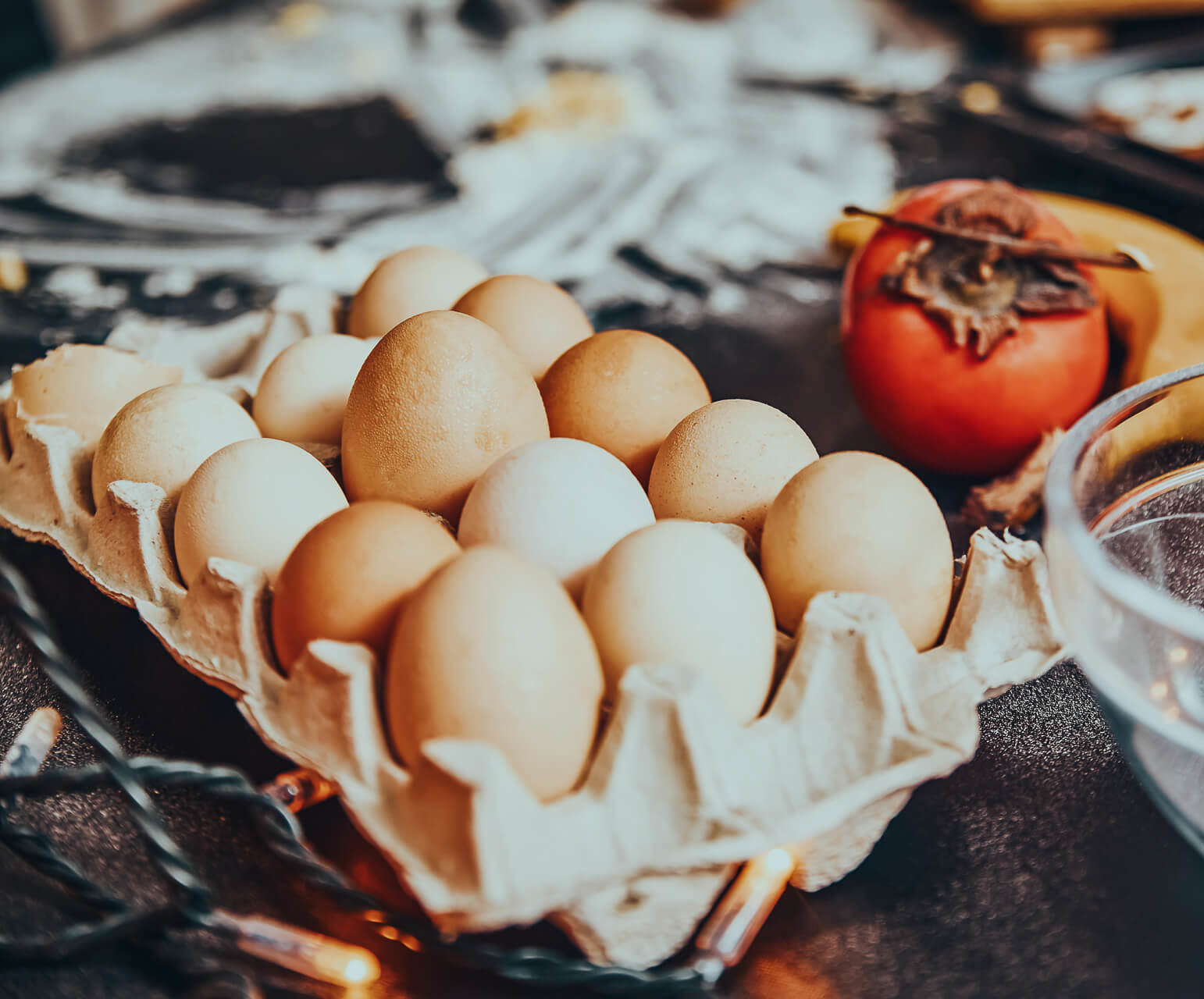

To ensure that the eggs are clean enough for water glassing, it is important to keep up on the hens’ bedding and avoid harvesting eggs for water glassing on rainy days. The best type of lime to use is food-grade hydrated lime, which must be diluted in water before use and stored away from small children and animals for safety reasons. Smaller batches of eggs can also prevent larger batch losses if the eggs go south. Water glassing eggs is a great way to preserve them for up to two years. To do this, add 2 quarts of water and 2 ounces of lime to a 1-gallon jar and label it with the egg type and date. Store the eggs away from direct sunlight and in a cool space and use food-grade containers. Properly water glassed eggs have a 100% success rate. Water glassing is a great way to preserve chicken, quail, duck, turkey, and goose eggs, as well as other types of farm produce. It is a responsible way to have plenty of food on hand during times of inflation, an uncertain economy, supply chain issues, or inclement weather. Jars of water glassed eggs make great gifts during the holiday season.


